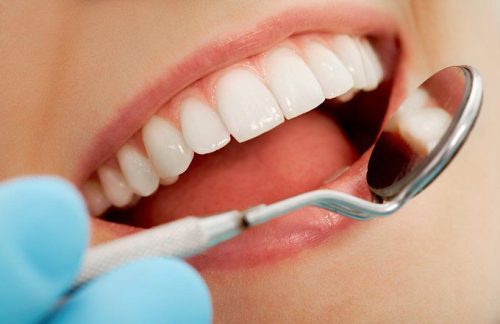There are many things you should know before signing up for dental insurance. Some dental insurance plans come with annual and lifetime maximums. Depending on the company, these limits may be higher or lower than you think. Also, the yearly maximum may be less than $1,500 for a single policy, and you will be responsible for all costs over that amount. Fortunately, most insurance companies will roll over unused annual maximums for another year. This way, you can continue to use your plan to pay for future dental costs.
First, know your deductible. You may have to pay a certain amount before your insurance kicks in. For example, if your plan covers only 80 percent of a restorative procedure, you will have to pay the remaining 20%. Additionally, you’ll need to find out whether your current dentist accepts your plan. Otherwise, you should look for one in your area. If you find a plan with a lower deductible, it may be better for you.
Another thing to consider is the waiting period. While most dental insurance plans have a waiting period, this usually only lasts a few months. If you purchase your policy early on, you will be able to take advantage of its benefits sooner. A few companies offer dental plans that cover only certain types of services. The best plan for you depends on the services you need. A dental insurance plan can save you money while ensuring your oral health is taken care of.
A dental health maintenance organization (DHMO) is a dental plan that requires participating dentists to accept the insurance fee schedule and offer a discounted rate for services. These plans can help you offset the high costs of dental procedures. Some plans include free preventative treatments and semi-annual checkups. There may be limitations on the types of procedures covered by dental insurance, such as fillings and crowns. You should always check with your insurance provider before scheduling any dental procedures.
If you need to see a dentist, you should also check out direct reimbursement programs. These plans typically pay a certain percentage of the dentist’s fee. They do not limit coverage based on a treatment category. Additionally, they allow you to choose a dentist of your choice. This means you’re less likely to be denied coverage if you go to a dentist you don’t trust. In this way, you’ll be able to get the services you need while getting the best possible care.
Some plans cover in-network providers, which save you money. Some dental health plans also offer dental benefits through MetLife. However, if you are a federal employee, you may only have access to MetLife’s exclusive provider organization. It contains features similar to PDP but does not require you to have a primary care dentist. The MetLife Exclusive Provider Organization (METLI-EPO) plan is a similar option, but it is only available for Federal employees.

